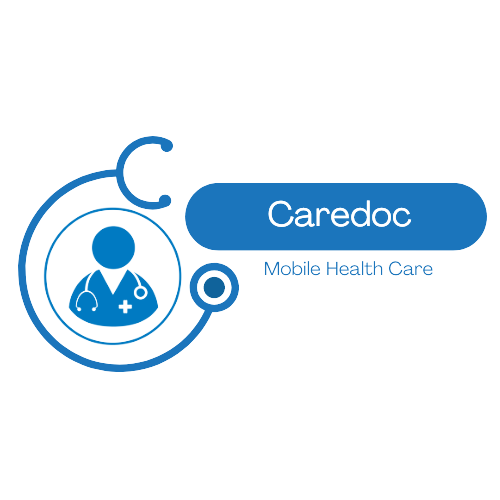Heart attack, also known as a myocardial infarction, is a serious medical emergency that occurs when the blood flow to the heart is blocked and it can be caused by a clot in one of the coronary arteries, which supply blood to the heart. If left untreated, a heart attack can lead to damage or death of heart tissue.
Understanding the symptoms will help to understand the 15 ways to reduce the risk of heart attack
Some of the Symptoms of a heart attack include chest pain, shortness of breath, and nausea.
It is very important to seek medical attention right away if you suspect you or someone else is experiencing a heart attack.
The possible treatment of heart attack may include medications to dissolve the clot and procedures to restore blood flow to the heart.
Also Making lifestyle changes, such as eating a healthy diet, exercising regularly, and not smoking, can help reduce the risk of heart attack.
Let’s now consider 15 ways to reduce your risk of heart attack
Eat a healthy diet: Focus on fruits, vegetables, whole grains, and lean proteins. Avoid processed and sugary foods.
Get regular exercise: Aim for at least 30 minutes of moderate-intensity exercise, such as brisk walking, every day.
Quit smoking: Smoking increases your risk of heart attack, so quitting can significantly reduce your risk.
Limit alcohol consumption: Heavy drinking can increase your risk of heart attack, so it’s important to limit your intake.
Manage stress: Chronic stress can contribute to heart attack risk, so it’s important to find ways to manage stress, such as through relaxation techniques or exercise.
Maintain a healthy weight: Being overweight or obese can increase your risk of heart attack, so it’s important to maintain a healthy weight through diet and exercise.
Get enough sleep: Lack of sleep can increase your risk of heart attack, so it’s important to get enough sleep each night.
Monitor and control blood pressure: High blood pressure can increase your risk of heart attack, so it’s important to monitor your blood pressure and work with your healthcare provider to control it.
Monitor and control cholesterol levels: High cholesterol levels can increase your risk of heart attack, so it’s important to monitor your cholesterol levels and work with your healthcare provider to control them.
Avoid illegal drugs: Using illegal drugs, such as cocaine and methamphetamine, can increase your risk of heart attack.
Avoid exposure to air pollution: Exposure to air pollution can increase your risk of heart attack, so it’s important to avoid or limit your exposure.
Get vaccinated: Certain vaccinations, such as the flu vaccine, can help reduce your risk of heart attack.
Take medications as prescribed: If you have been prescribed medications to control risk factors for heart attack, such as high blood pressure or cholesterol, be sure to take them as directed.
Know your family history: If you have a family history of heart attack, be sure to discuss this with your healthcare provider and take steps to manage your risk.
Seek medical attention if you experience symptoms: If you experience symptoms such as chest pain, shortness of breath, or nausea, seek medical attention right away as these could be signs of a heart attack.



